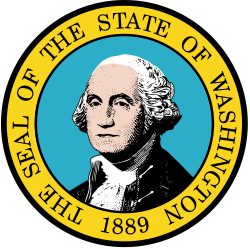Clean Energy Initiative | ||||||||||
| Results | ||||||||||
|---|---|---|---|---|---|---|---|---|---|---|
| ||||||||||
 County results
| ||||||||||
| Source: Dave Leip's Atlas of U.S. Presidential Elections [1] | ||||||||||
| Elections in Washington (state) |
|---|
 |
Ballot Initiative 937 (official name Initiative measure no. 937, known as I-937) is a renewable energy initiative passed in the US state of Washington, appearing on the ballot in the November 2006 elections. It passed with 52 percent of the vote. [2]